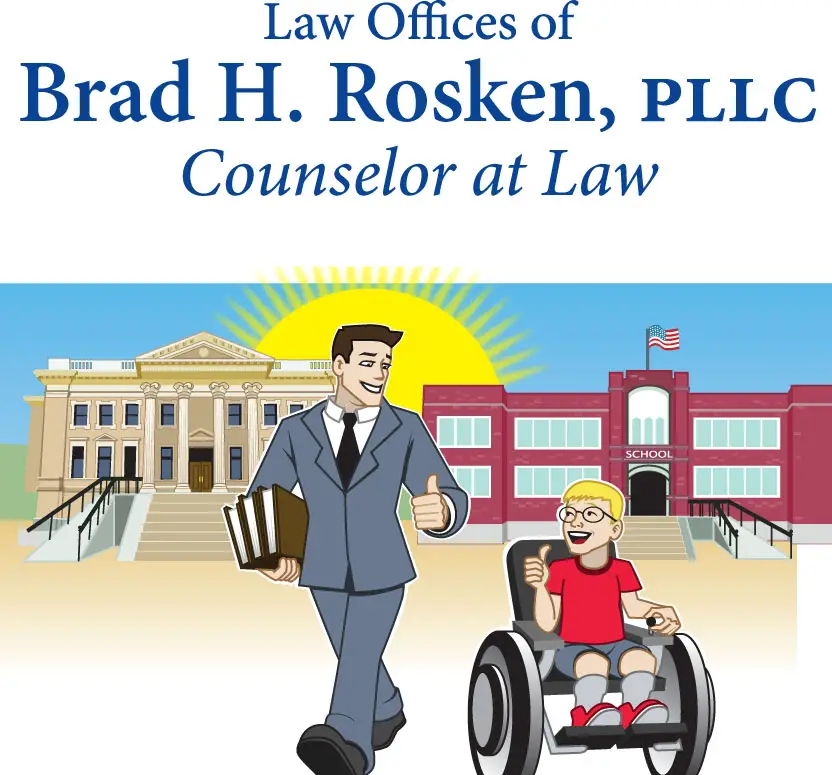
Older Kids Can Be Their Own Self Advocates
Get kid-friendly activities sent to you!
Get the Best Kid-Friendly Activities
Sent to You Weekly!
Step 2: Find a helpful partner at school.
This could be a teacher, vice principal, or counselor who is willing to work with your child to make sure she gets what is needed. Make sure your teen knows who that “case worker” is, and arrange for your child to have a meeting with him or her (without you) to talk more about what advocating for herself means.
Step 3: Hand over the reins.
At the next IEP meeting (usually held once a year, in late winter or early spring), have your child come prepared with questions and concerns written down in advance. Resist the urge to answer for him; let your child run the meeting (as much as is practical, of course).
Step 4: Encourage independent follow-up.
Every few months, your child should stop in to see the case worker to talk about how everything is going, what’s working, and what isn’t.






